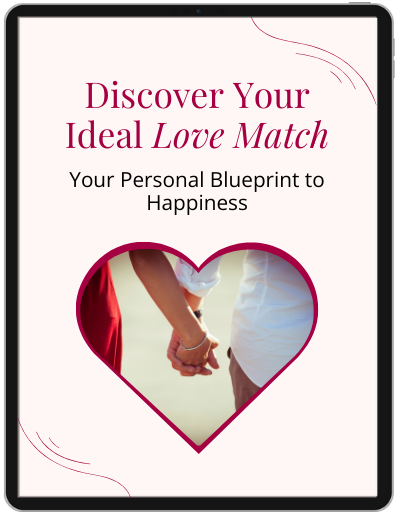By James Pogue, PhD
Is Empathy a dirty word?
In today’s relational marketplace, the most impactful guidance or ‘hint’ or ‘tip’ I would provide around Empathy starts with this…
Clarity
Have a clear understanding of what Empathy is and how it shows up (or not) in your day-to-day way of thinking and behaving.
Words have definitions.
There are many who prefer to reorganize the definitions to fit a profile of themselves and their behaviour that shines a positive light on the person in the mirror.
Empathy – like many other characteristics – does not work this way.
So, our definition is this… the ability to understand and share the feelings of another.
This definition makes it clear that all of us have the opportunity for Cognitive Empathy: to understand the feelings of another.
This is not true of Emotional Empathy: the ability to share the feelings of another.
Use the Mirror
Once we have a definition of Empathy and a recognition of the two key components – Cognitive vs Emotional Empathy – the next step is to take a clear-eyed look at our lives and day-to-day actions and, perhaps with the help of good friends, answer two questions honestly.
Where do I thrive when it comes to Empathy?
Where do I offer my refusal to understand or emotionally connect?
Get to Work.
Build the list.
Identify trends in the who, the when, and perhaps the why.
Next is the decision to make any changes. Knowledge of strengths or shortcomings can exist without a decision to make any changes at all.
The decision may be to change nothing at all. These are all your choices.
Know You Are Not Alone
If you do choose to do something, to make changes, to execute on change then you may need some help.
That help can come in the form of a plan. It may look like an accountability partner.
It may look like a coach or other relational professional.
Either way, know that growth doesn’t happen without discomfort, and you don’t have to do it all on your own.


